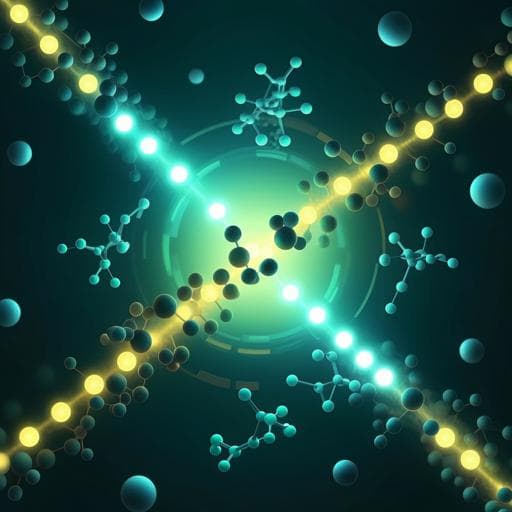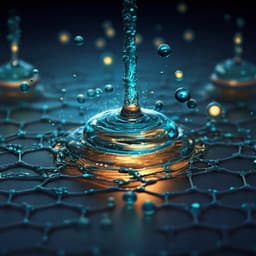
Chemistry
Sustainable production of hydrogen with high purity from methanol and water at low temperatures
S. Zhang, Y. Liu, et al.
Discover how Pt single-atoms and frustrated Lewis pairs (FLPs) on porous CeO₂ nanorods achieve efficient, additive-free H₂ generation at low CO levels through aqueous-phase reforming of methanol. This innovative research conducted by Sai Zhang, Yuxuan Liu, Mingkai Zhang, Yuanyuan Ma, Jun Hu, and Yongquan Qu paves the way for flexible hydrogen utilization.
Related Publications
Explore these studies to deepen your understanding of the subject.







